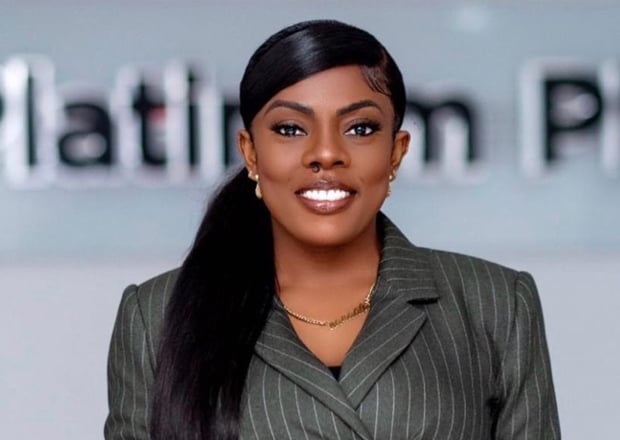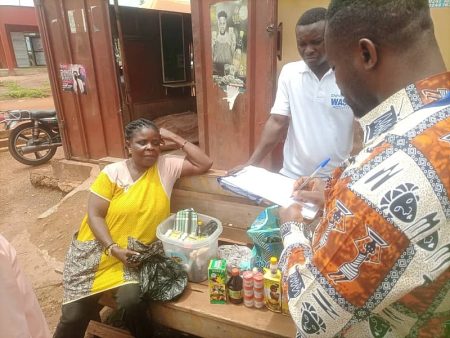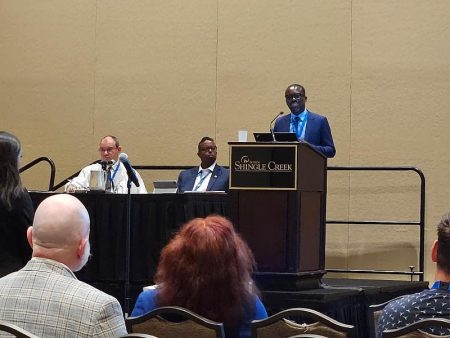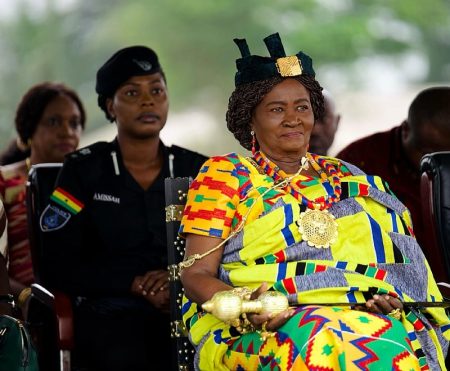Nana Aba Anamoah’s assertion of never encountering sexual harassment in her professional journey sparks a multifaceted discussion, inviting a deeper exploration of the complexities of workplace dynamics, the nuances of sexual harassment, and the challenges of offering advice in situations one hasn’t personally experienced. Her statement, while highlighting her personal trajectory, also inadvertently underscores the pervasive reality of sexual harassment faced by many women in various industries. While Anamoah’s experience is noteworthy, it is crucial to acknowledge that her individual experience does not negate the widespread prevalence of this issue. Her claim, therefore, necessitates a broader conversation about the systemic nature of sexual harassment, the factors that contribute to its perpetuation, and the strategies needed to create safer and more equitable work environments for all.
Anamoah’s declaration of never having been propositioned for sexual favors in exchange for career advancement raises several crucial points. Firstly, it underscores the fortunate reality of her individual experience. It suggests that her professional journey, unlike that of many other women, has been devoid of this particular form of exploitation. This, however, does not imply the absence of other forms of gender-based discrimination or bias that she might have encountered. Secondly, it highlights the crucial role of meritocracy in her career progression. Her success, as she asserts, has been earned through talent and hard work, rather than through compromising her integrity. This serves as a testament to her professional capabilities and resilience.
However, it’s imperative to acknowledge the limitations of using individual experiences to represent a broader societal issue. While Anamoah’s personal narrative is valid and值得关注, it cannot be extrapolated to suggest that sexual harassment is not a pervasive problem. Her experience represents a single data point in a vast landscape of women’s experiences in the professional world. Numerous studies and reports have documented the prevalence of sexual harassment across various industries, demonstrating the systemic nature of this issue. Therefore, while Anamoah’s experience is an important part of the conversation, it is crucial to avoid using it to minimize or dismiss the experiences of countless other women who have faced sexual harassment in the workplace.
The difficulty Anamoah expresses in advising women who have faced such situations further highlights the complexities of this issue. Her lack of personal experience with this form of harassment makes it challenging for her to offer practical guidance. This is understandable, as empathetically understanding and effectively advising on a situation requires a certain level of familiarity with the associated nuances and challenges. It underscores the importance of seeking advice from individuals or organizations specifically trained and experienced in dealing with sexual harassment cases. These professionals can provide the necessary support, resources, and legal guidance to navigate such sensitive and often traumatic experiences.
Furthermore, this discussion emphasizes the need for open and honest conversations about sexual harassment in the workplace. Creating safe spaces for women to share their experiences without fear of judgment or retribution is essential. This can foster a culture of accountability and support, enabling victims to come forward and seek justice. It also encourages bystanders to intervene and challenge inappropriate behavior, thereby creating a more respectful and equitable environment for all. Such dialogues also facilitate the development of effective policies and procedures to address and prevent sexual harassment, moving beyond individual experiences to systemic change.
In conclusion, while Nana Aba Anamoah’s personal experience is valuable and deserves recognition, it’s vital to remember that it doesn’t negate the widespread reality of sexual harassment faced by many women in the professional world. Her statement serves as a springboard for a broader conversation about the systemic nature of this issue, the importance of creating safe and equitable work environments, and the need for effective mechanisms for reporting and addressing sexual harassment. Moving forward, the focus should be on fostering a culture of respect, accountability, and support, ensuring that all individuals have the opportunity to thrive in a workplace free from harassment and discrimination.














